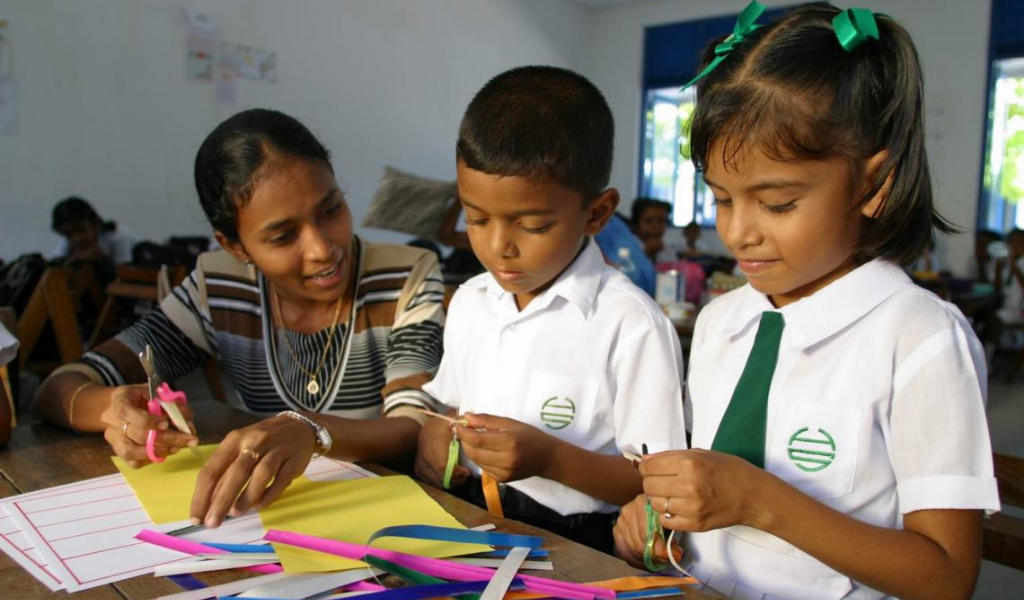
International Literacy Day 2021 of top priority as pandemic ensues.
International Literacy Day 2021 is of utmost priority as the pandemic was a reminder of the critical importance of literacy. Beyond its intrinsic importance as part of the right to education, literacy empowers individuals and improves their lives by expanding their capabilities to choose a kind of life they can value. It is also a driver for sustainable development. Literacy is an integral part of education and lifelong learning premised on humanism as defined by the Sustainable Development Goal 4. Literacy, therefore, is central to a human-centered recovery from the COVID-19 crisis.
Statistics Maldives takes to twitter to disclose crucial statistics in regards to literacy in English in the Maldives with a special spotlight on Accessibility to the internet for children in Maldivian households.
The Literacy Rates in 2019 of Resident Maldivian Population, 10 years of age and above were staggeringly impressive as both males and females shared an average of 75% literacy in English.
Although The Maldives has a considerably high Literacy rate in comparison to some of our neighboring countries and a lot of the credit goes to our education sector, playing a crucial role in promoting sustainable development through capacity building of the individuals for the socio-economic advancement of the society. In the Maldives considering the importance of education, the constitution bestowed education as a human right and mandated the government to provide free education up to Class 10.
A main highlight of the excerpt, was an issue of development that is on the verge of triumph; Access to internet in household in every island and atoll in the country. Especially as the pandemic ensues on and the citizens are bound to their homes, every child and adult should have equal opportunities and access to resources that let them cope with the lockdowns.
A quiz conducted for children from 10 to 15 years was carried out from 10 may to 14 may 2020 revealed these results:
7% of children had no internet connection
11% of children had a dial up connection
38% of children had other means of connection (mobile phones)
44% of children had a broadband connection
Therefore, in these times of peril it is important to extend the same access to opportunities and resources to all those who need it in order to further this countries development agenda.